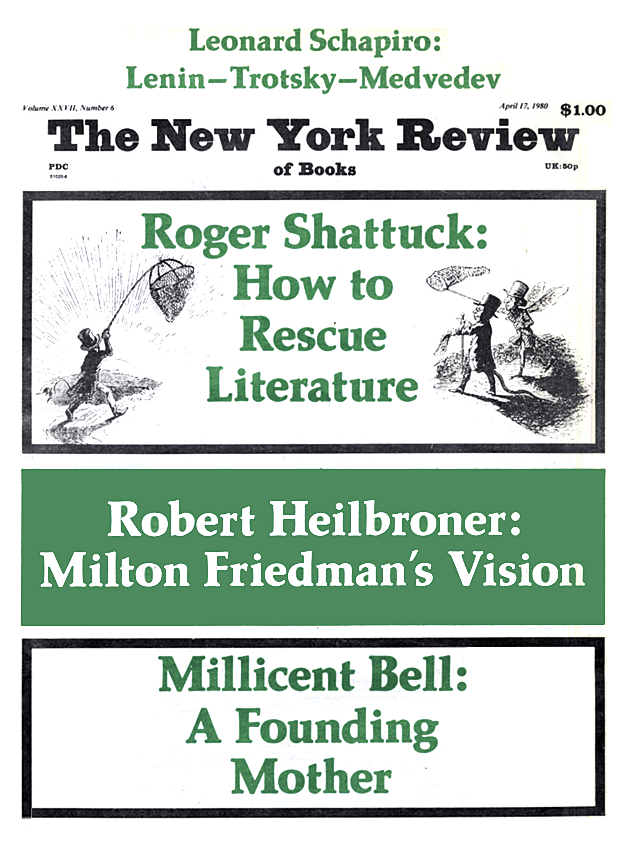A magician was in the habit of amusing his public with the following little trick. Having well aired the room and closed the windows, he would lean over a large mahogany table and carefully pronounce the word “fly.” And immediately a fly would be trotting about in the middle of the table, testing the polish with its soft little proboscis and rubbing its front legs together like any natural fly. Then the magician would lean over the table again, and once again pronounce the word “fly.” And the insect would fall flat on its back, as if struck by lightning. Looking at the corpse through a magnifying glass, one could see only a dry and empty carcass, no innards, no life, no light in the facetted eyes. The magician would then look at his guests with a modest smile, seeking compliments which were duly paid him.
I have always thought this was a pretty pathetic trick. Where did it lead? At the beginning there was nothing, and at the end there was the corpse of a fly. Such progress. And one still had to get rid of the corpses—although there was an aging lady admirer of the magician who collected them, whenever she could pick them up unnoticed. It disproved the rule: where there’s two there’s always three. One expected a third utterance of the word “fly” which would have made the insect’s corpse disappear without a trace; in that way things would have been the same at the end as they were at the beginning, except in our memories, which are quite cluttered enough without that.
I must add that he was a fairly mediocre magician, a failure who, having tried his hand at poetry and philosophy without much luck, transferred his ambitions to the art of wonders; and even there he didn’t really come up to scratch.
—from René Daumal, Les Pouvoirs de la parole, Gallimard, 1972, first published in Les Cahiers du Sud, December 1943.
This Issue
April 17, 1980


